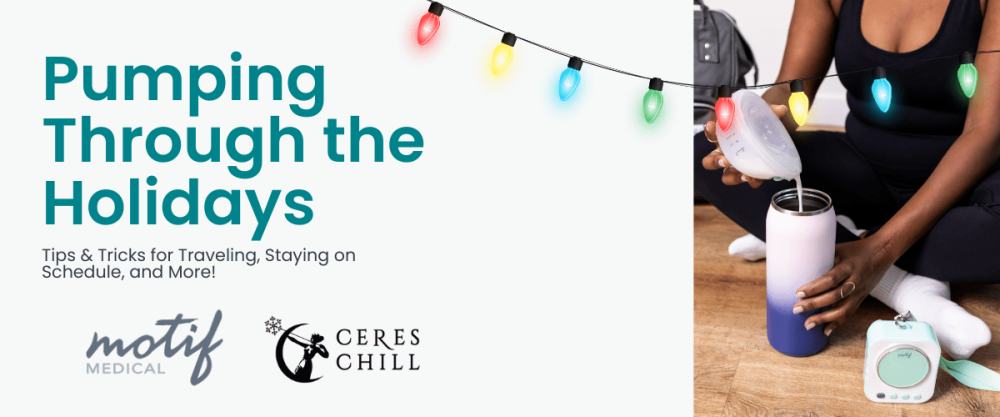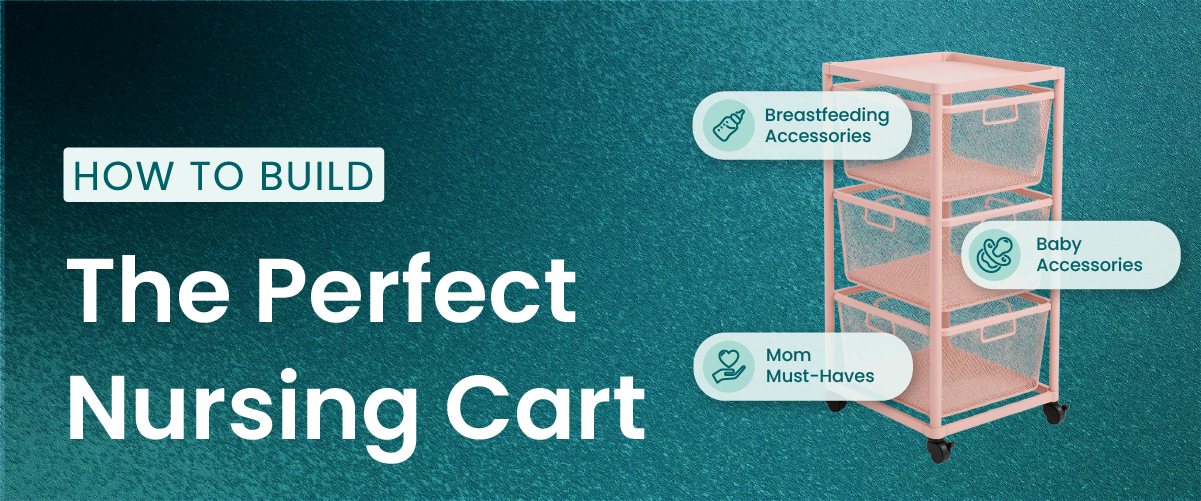Before birthing your baby, a lot of preparation comes into play for new and experienced moms. Immediately we think of gathering supplies, getting a nursery set up, pediatrician and daycare interviews, birthing classes, and picking out a name. But what will a baby need to do the moment it is born? Eat.
Breastfeeding Success
In theory, it sounds self-explanatory and natural to breastfeed, a bridge you’ll cross when you get to it...but did you know that breastfeeding is a learned skill? Mammals (animals that drink milk in infancy) learn from others in their species to understand how/how often to feed. So it is a natural way to provide, but natural does not mean lack of learning. Breastfeeding mothers who have had specific preparation and education in breastfeeding and milk supply, infant feeding cues and behavior, and established support, are more likely to be continuing to feed past six months (or reach self-imposed goals).
“Successful breastfeeding” is defined at an individual level, and your best chance is with informed decisions, adequate support, and education before the due date and after.
What to Prepare in Your 2nd Trimester
Figure out if and Why You Want to Breastfeed
Start learning about everything happening to your body in the second trimester. For example, your body is creating colostrum in preparation for having sustenance at the ready should baby come before their full gestation. It's also good to learn why it's healthy and vital to offer breastmilk to your baby- establish the motivation.
Assemble Resources to Have on-Hand
We have a list of resources for breastfeeding support and pregnant women. An International Board Certified Lactation Consultant (IBCLC) is the gold standard of lactation care and expertise. You can find them in hospitals, some pediatric offices, independent practices, and community resources, such as WIC. Take time to look up those in your area, and read reviews for breastfeeding classes, postpartum appointments, and community meetings.
Communicate Goals and Concerns
Discuss your plans, goals, and concerns with your partner, family, or support person. Actively and intentionally thinking about these things can be grounding and allow you to start creating realistic expectations, as opposed to waiting until after baby's birth to "wing it" with the expectation that things will figure themselves out (it happens, but with inadequate preparation, it's rare.) A local breastfeeding mom's support group is a great place to start if your support system is lacking. Listen to their stories, make connections and friends, and lay down the foundation of support you'll thrive with after baby is born.
WIC and La Leche League are wonderful places to look for support groups in your area!
What to Prepare in Your 3rd Trimester
Enroll in a Breastfeeding Class
By now, you've had many ultrasounds, appointments, and perhaps a birthing class on the books, the makings of your birth plan. Make time for a breastfeeding class during this time. The information will be great to compare and contrast with birthing plans and will be fresher on the mind when it's closer to putting it into action. You (and hopefully your partner) will learn the following:
- General breast anatomy and functions, i.e. areola, nipple function, breast milk production.
- Benefits of breastfeeding and goal recommendations.
- How to establish a healthy milk supply and what influences milk production.
- Comfortable and effective breastfeeding positions.
- How often a breastfed baby eats, normal infant behavior.
- Hunger/Fullness Cues; pacifiers and their interference of cues.
- Skin-to-skin contact benefits.
- Birth plan conflicts and compliments in regard to breastfeeding.
- Soothing, avoiding, and troubleshooting sore nipples.
- Special Circumstances: c-sections, NICU stay, inverted nipples, breast surgery.
- Extra Points If they teach how to use a breastpump, and when it's appropriate for you.
Order and Register for Supplies
Looking to stock your breastfeeding stache? We have your must-haves here!
- Nipple balm
- Nursing bra
- Nursing pads
- Milk Storage bags
- Breast Pump
- Optional by preference: nursing covers, nursing pillow, supplements


Many insurances provide a breast pump in the third trimester or shortly after birth. In comparison, many mothers who plan to breastfeed may not have intentions or the need to pump right away; it's a great tool to have on hand, especially for relieving engorgement or unforeseen separation from baby.
Information provided in blogs should not be used as a substitute for medical care or consultation.







